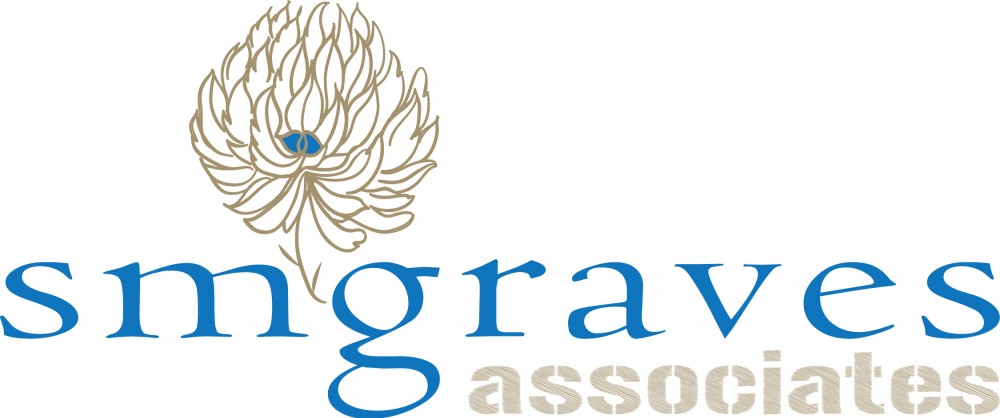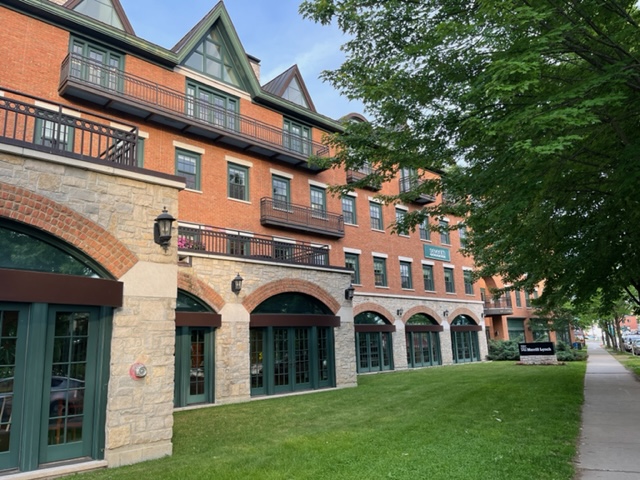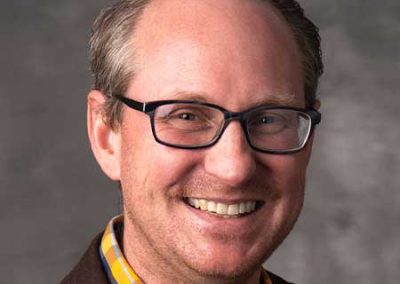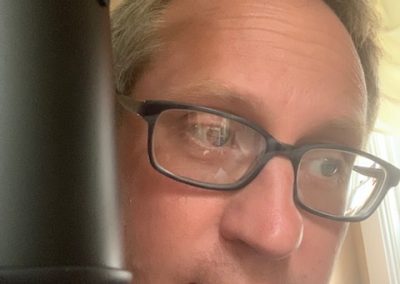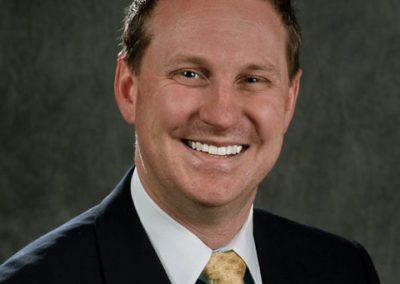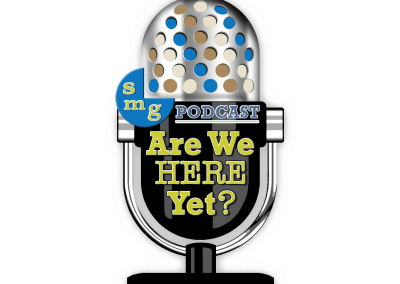Destination Known
Photo Credit: Scott M. Graves
His work at SMGraves Associates focuses on building value in real property by considering the commercial and social ecosystems that play out within our built environments. Community Development that seeks to build pride in place and create economic opportunity for more citizens of our cities and towns. He is managing Partner of Exponential Property Investment Co-Operative.
A recent post on the local Facebook group, Gardner, MA-What’s Going On? Ask the question, ‘What does Gardner MA need to do to make it a destination city?
The term ‘destination city’ has entered our modern lexicon only recently. Generally, it refers to a community that may contain any number of positive economic and cultural characteristics that make it attractive to both local residents and visitors from far and wide. To be a destination city these days means your community is a place people want to visit, transact business in and maybe even dream of living in.
But what makes for a destination city? How do they develop? Why would we want to be a destination city?
I’m writing to you right now from the HULA co-working center along the banks of Lake Champlain in Burlington, VT. This section of town along with the entirety of the city contains countless features, developed over the last 40 years that make this community a true destination.
I’m here for a conference and each time I come back to Burlington I’m struck by several key factors that make this a dynamic environment.
- Work with what you got. Burlington has some incredible natural assets. No less than a stunning view of the Adirondack Mountains across the 6th largest lake in the United States. But how can our city compete with that? You ask? There are countless examples. Closer to home, who amongst us would have said 30 years ago, ‘Let’s hang out at the mills and learn about industry,’ and spend all day in museums, art centers and restaurants in downtown Lowell, MA? Burlington spent considerable attention on integrating its natural, economic and human assets. 40 years on, it shows.
- Who are the People in your neighborhood? Much of what works in a destination city happens because local leadership is constantly ensuring that citizens are heard, and neighborhood responsive solutions are sought and executed in the marketplace. Neighborhood Planning Committees, robust public comment mechanisms and a high percentage of engaged citizens. These are just three precepts of a community that is actively developing itself according to the needs and desires of its people. People responsive communities attract and retain, you guessed it, people. How would you rate your community on this measure?
- Resiliency: We can’t give up. Entrepreneurs know this. Developers know this. The inertia to remain the same is profound. So is the need by those who benefit from the status quo to keep things as they are. Leadership and citizens including a majority of a community’s business community have to be in the game for the long term. They must be working together from the same gameplan. They must believe together in the same fundamental precepts; the what, where, why and how of their city’s development plan. And like that entrepreneur or developer, they cannot give up until the job is complete.
- It starts with the right fundamentals. Larry Bird, the legend of the Boston Celtics, was a firm believer that one can only achieve great things if one is obsessive over their fundamentals. This insistence showed in the consistent results of play he had over his career. Cities only become destinations when the underlying economy is sound. In our current world, communities must cultivate home-grown primary employers first before they can support those trendy, ‘downtown’ businesses that citizens generally think of when they are dreaming of destination cities. And in our current economy this means a focus on encouraging the growth of businesses across industries that focus on innovation. Specifically, in the business of constantly creating the next generation of their product or service or entirely different products and services as part of their normal long-term life cycle. Products become commodified and are sent overseas for production. No matter, the company has the next gen model underway to be locally produced. Take this fundamental precept, ensure your community generates diversity of firms across a wide spectrum of employee size, industry and property needs and you will soon find yourself attracting yet more innovators from beyond your borders as well. This dynamism can play out over the long-term and reaps benefits for generations. Programs such as the National Center for Economic Gardening have lead the way in this realm. Without a sound underlying economy, you don’t create a destination city, your create a tourist trap.
Find out more about this approach from Chris Gibbons on SMG’s ‘Are We Here Yet?’ podcast March 2021.
There is more we could discuss but for now, perhaps the most important part to embrace is to know that, countless cities have had to re-invent themselves. Millions of hard-working enterprising citizens throughout the world right now are experiencing similar challenges. There is massive amounts of data; scenarios in great detail on what has worked and what has not in the past. So, we’re not alone. We need to embrace the need for change. We need to embrace our unity with those also on this journey. We need to start believing in a brighter future by first believing in ourselves.
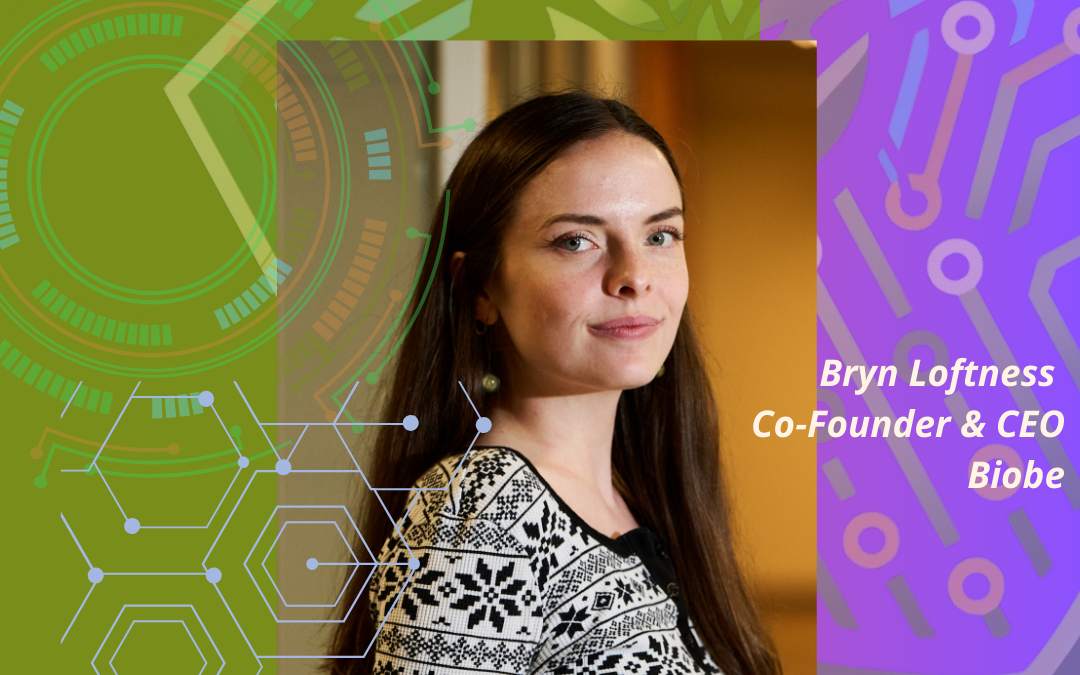
Episode 19 Innova802
Bryn Loftness & Burlington VT's Biobe We spoke with Burlington, VT’s Bryn Loftness, Co-Founder and CEO of Biobe. Their startup, currently focused on non-dilutive funding, intends to help one million children by 2030. They provide early detection technology and...

Episode 18 Innova802
Jerry Carter of Burlington, VT's Moody AdvisorsThe latest form the Innova802 Crew brought Jerry Carter, partner in Burlington, VT’s Moody Advisors into the virtual studio this month to talk about the current trends we’re experiencing inside and outside of...
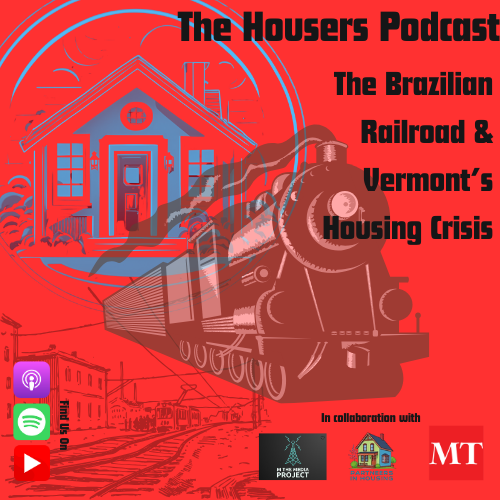
Episode 2 The Housers Podcast
The Four Rules of the Brazilian Railroad.Brazilian Railroad vs. the Vermont Housing Crisis Co-hosts Stephen Box and Scott Graves rattle on regarding the four rules Alexandre Behringused when he took charge and began scripting the critical moves, not all the moves,...
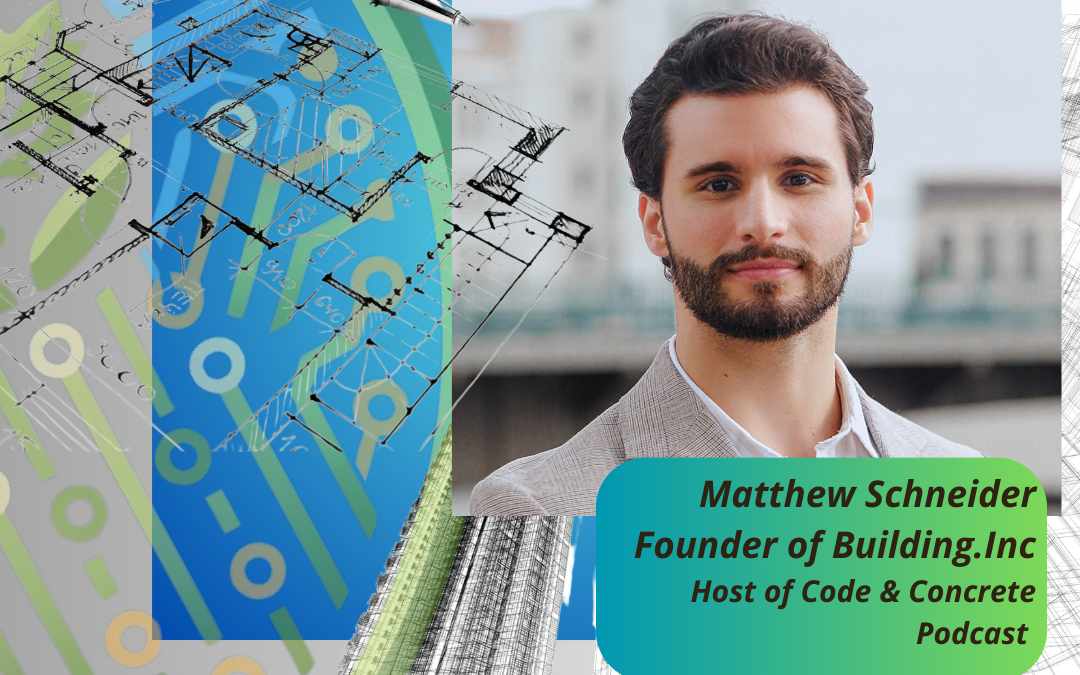
Episode 183 Are We Here Yet?
Founder, Advocate and host of Code & ConcreteAthens, GA is home to Building.Inc and founder Matthew Schneider. Matthew is no stranger to a multi-disciplinary approach to solving some of the toughest challenges for real estate developers and tech leaders alike. ...

Episode 17 Innova802
from Meagan Downey, founder of ShikiWrap.comMeagan Downey is founder of Vermont-based ShikiWrap.com, a successful and maturing startup providing reusable gift wrap and bags, combining a consumer product with a mission-driven strategy. This experience coupled with...
Also from M the Media Project
Article Series
Podcasts
Video Channels
News Features
Mental Suppository Podcast
On the Rocks Politica
SMG’s ‘Are We Here Yet’?
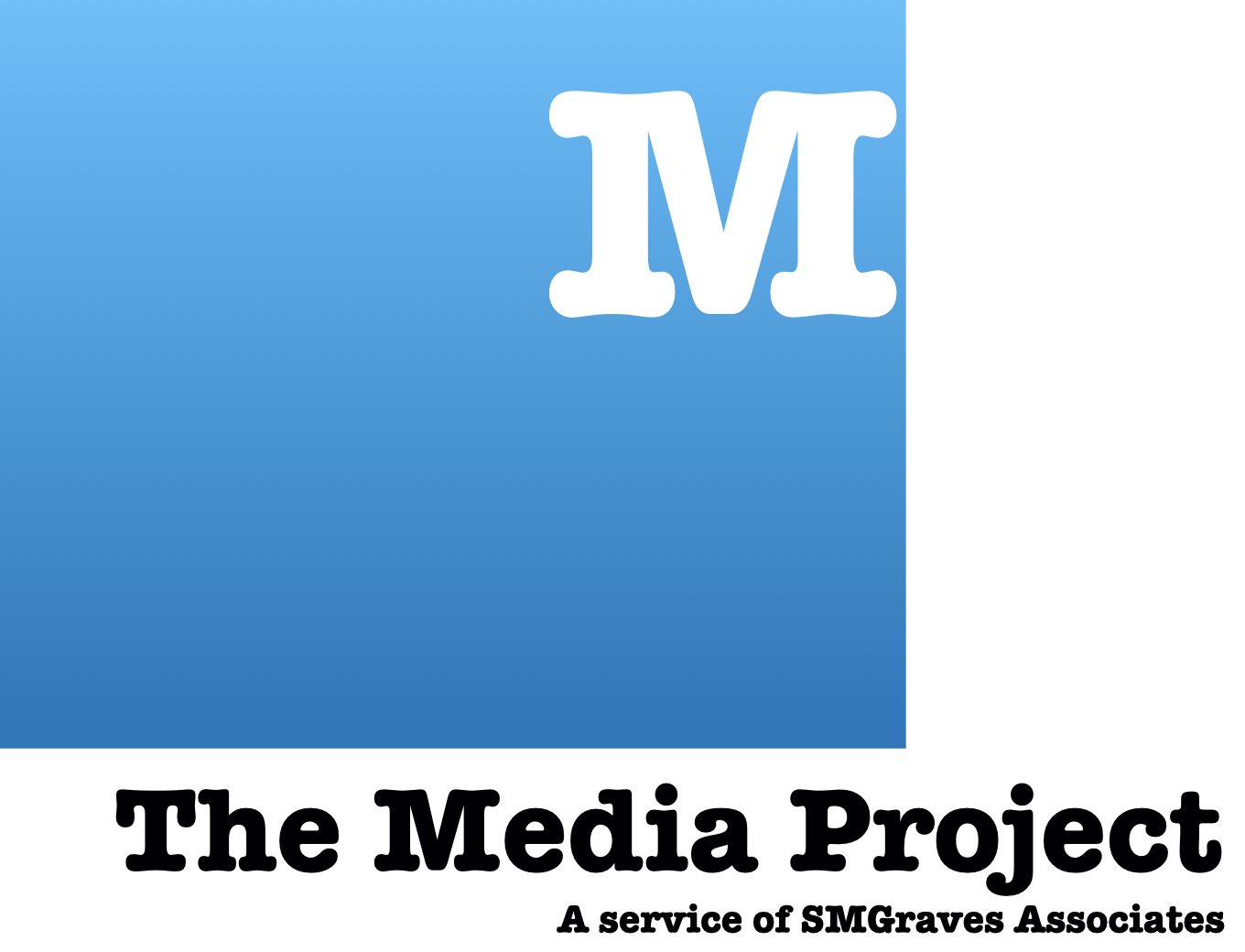
Interested in advertising with us? Perhaps you want a unique way to support the economic development work we accomplish while getting access to our intelligent and informed listeners? Join our roster of supporters. Click that button below to find out more.
